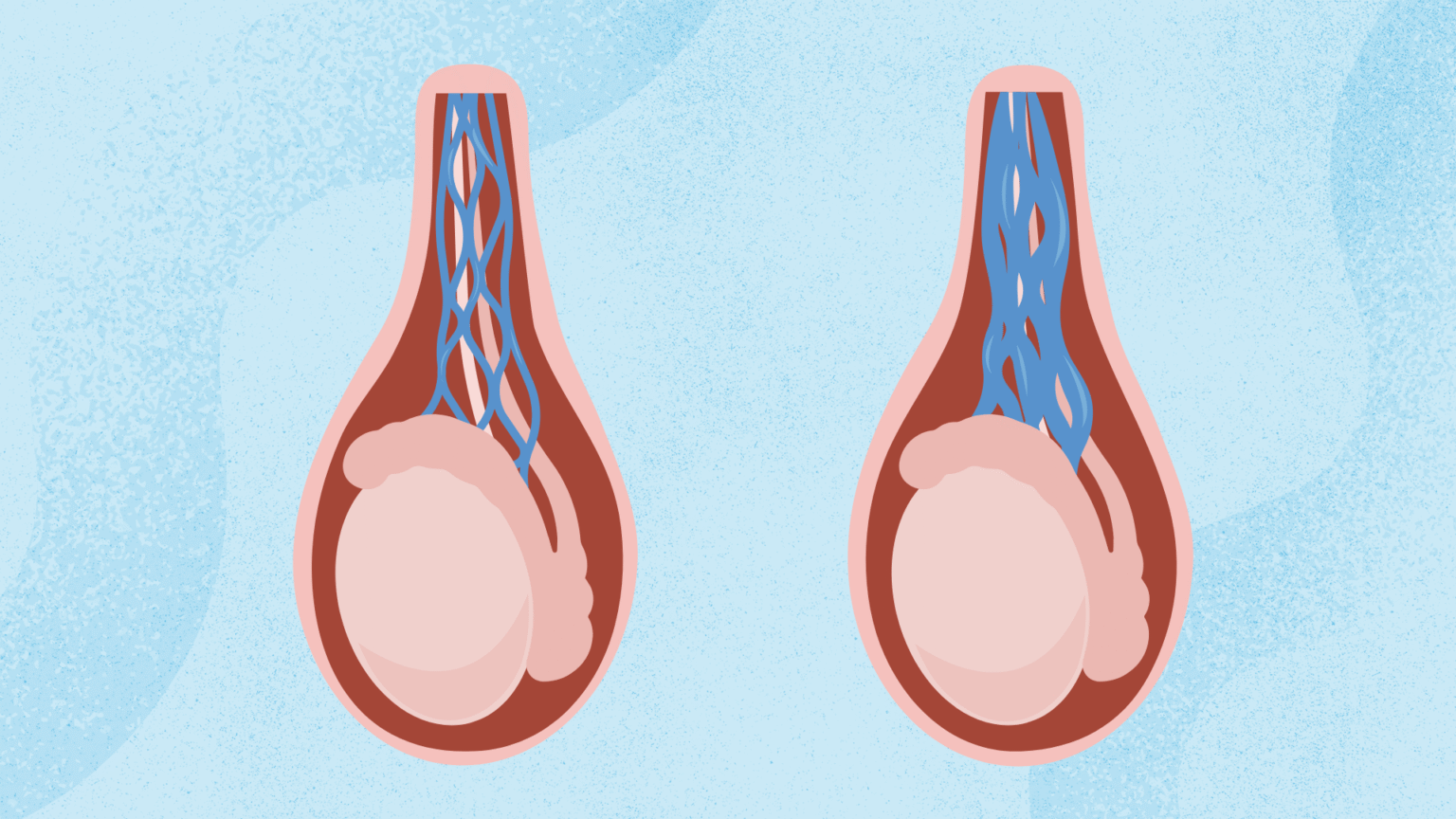Varicoceles are treatable, Comiter says, adding that in some cases, leaving it alone is an option. “If a varicocele is found during an examination, but it’s not bothersome nor impacting fertility, then it does not need to be repaired,” he explains. “It can be left alone and is unlikely to cause any significant harm.”
If the only symptom of a varicocele is different size testicles in adult males, this alone does not warrant a medical intervention, Christensen adds.
If you find a mass in the scrotum, you should see a doctor, Comiter says. Any mass in the scrotum could indicate a serious condition.
Medication
There are no prescription medications for varicoceles, but over-the-counter pain relievers — nonsteroidal anti-inflammatory drugs (NSAIDs) like ibuprofen or medications like acetaminophen — may help alleviate any mild discomfort.
If varicocele pain persists, ask your healthcare provider about other treatment options.
Surgery
Surgery is the main and often best treatment for varicoceles, Comiter says. Surgical repair of varicoceles, also known as varicocelectomy, is recommended when the condition is causing pain or male infertility.
Embolization
Read the full article here




